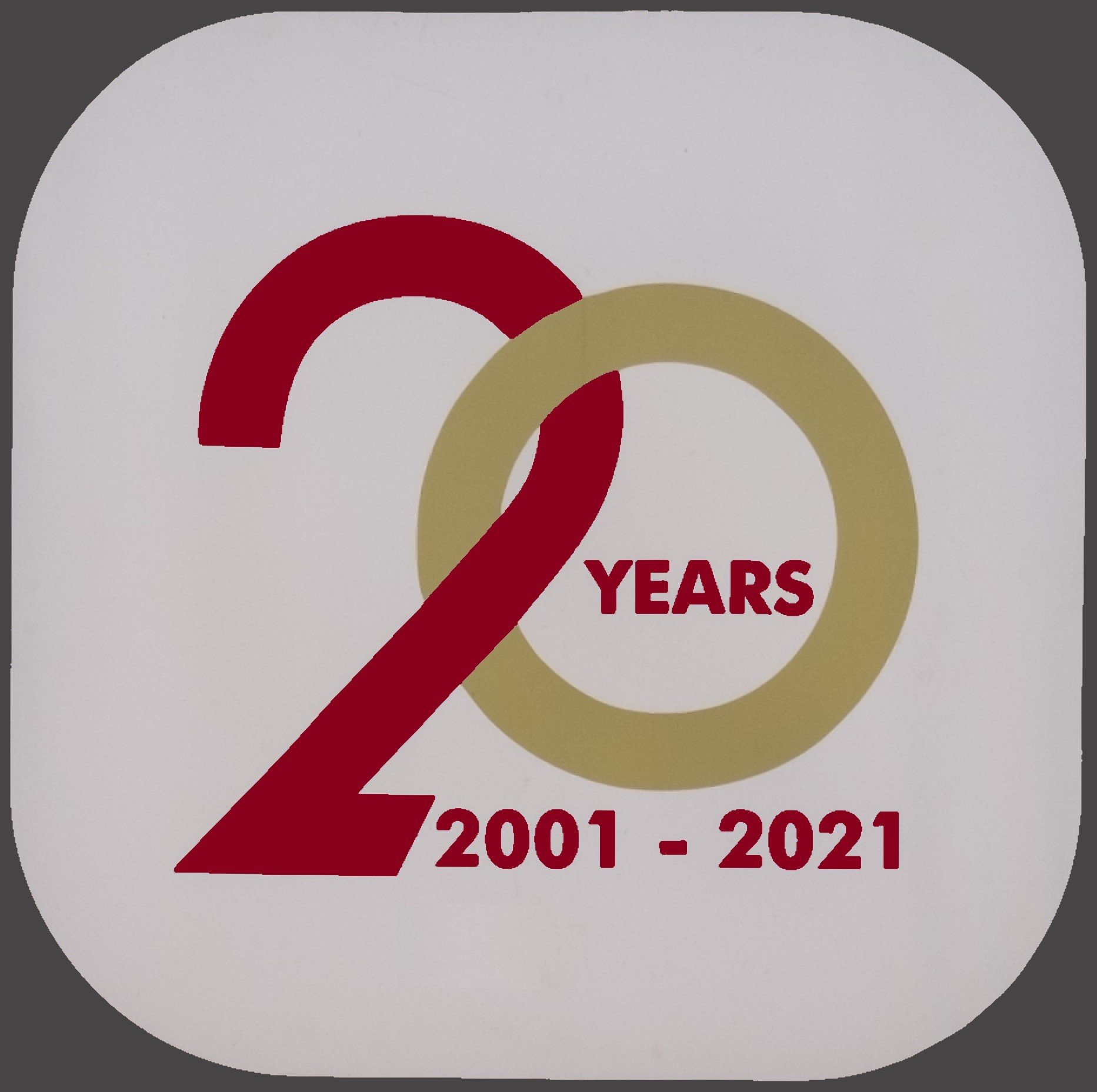Vision
The department aims to produce quality Software Engineers, with an attitude to adapt to ever changing IT needs of local, national and international arena, through teaching, interactions with alumni and industry.
Mission
M1: To provide a holistic learning environment for students and to create awareness in legal and ethical practices.
M2: To provide quality infrastructure through labs, other resources and to continuously upgrade to the latest technology requirements.
M3: To train the students in soft skills to excel in placements and competitive exams at higher levels.
M4: To develop into a Centre of excellence for application development using open source technologies and contribute to the open source community.
M5: To have a healthy industry - institute interaction through faculty development programs, student internships, guest lectures and so on.
M6: To provide a research oriented environment for the faculty to meet the ever-changing societal needs.
M7: To train the PG students to be able to carry out research and development work to meet the societal needs.
M8: To provide effective consultancy to meet the industrial requirement.
Program Educational Objectives
Program Educational Objectives are broad statements that describe the career and professional accomplishments that the program is preparing graduates to achieve.
PEO 1: Graduates will acquire capability to apply their knowledge and skills to solve various kinds of computational engineering problems.
PEO 2: Graduates will be in a position to recognize and incorporate societal needs and practice their profession with high regard to legal and ethical practices.
PEO 3: Graduates will be ready to work in projects related to complex problems involving multi-disciplinary areas.
PEO 4: To evolve as resourceful engineers catering to global changes and engage in life-long learning.
PEO 5: To enable the students with required soft skills, that can be used in a pragmatic manner and excel in diverse environments in the competitive world.
Program Outcomes
Engineering Graduates will be able to:
PO 1. Engineering knowledge: Apply the knowledge of mathematics, science, engineering fundamentals, and an engineering specialization to the solution of complex engineering problems.
PO 2. Problem analysis: Identify, formulate, review research literature, and analyze complex engineering problems reaching substantiated conclusions using first principles of mathematics, natural sciences, and engineering sciences.
PO 3. Design/development of solutions: Design solutions for complex engineering problems and design system components or processes that meet the specified needs with appropriate consideration for the public health and safety, and the cultural, societal, and environmental considerations.
PO 4. Conduct investigations of complex problems: Use research-based knowledge and research methods including design of experiments, analysis and interpretation of data, and synthesis of the information to provide valid conclusions.
PO 5. Modern tool usage: Create, select, and apply appropriate techniques, resources, and modern engineering and IT tools including prediction and modeling to complex engineering activities with an understanding of the limitations.
PO 6. The engineer and society: Apply reasoning informed by the contextual knowledge to assess societal, health, safety, legal and cultural issues and the consequent responsibilities relevant to the professional engineering practice.
PO 7. Environment and sustainability: Understand the impact of the professional engineering solutions in societal and environmental contexts, and demonstrate the knowledge of, and need for sustainable development.
PO 8. Ethics: Apply ethical principles and commit to professional ethics and responsibilities and norms of the engineering practice.
PO 9. Individual and team work: Function effectively as an individual, and as a member or leader in diverse teams, and in multidisciplinary settings.
PO 10. Communication: Communicate effectively on complex engineering activities with the engineering community and with society at large, such as, being able to comprehend and write effective reports and design documentation, make effective presentations, and give and receive clear instructions.
PO 11. Project management and finance: Demonstrate knowledge and understanding of the engineering and management principles and apply these to one's own work, as a member and leader in a team, to manage projects and in multidisciplinary environments.
PO 12. Life-long learning: Recognize the need for, and have the preparation and ability to engage in independent and life-long learning in the broadest context of technological change.
Program Specific Outcomes
PSO 1: An ability to analyze a problem, design algorithm, identify and define the computing requirements within realistic constraints and implement through analytical, logical and problem solving skills.
PSO 2: Ability to design and develop prototype innovatively leading to product development and contributions to open source community meeting ever changing societal needs.
PSO 3: Effectively integrate IT-based solutions into the user environment.
PSO 4: Ability to pursue higher studies and research in inter-disciplinary areas.
Course Outcomes

